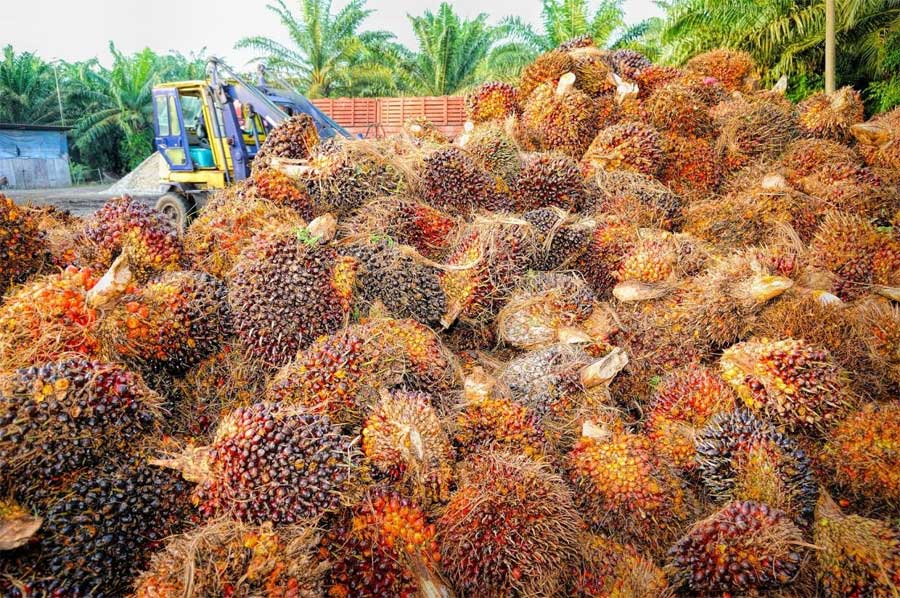NEW YORK: Commodity traders steadied themselves for a potentially wild ride as voting wrapped up across the eastern U.S. in a historic year that’s seen more than 9 million Americans infected by the coronavirus, a crash in global demand for goods and sub-zero oil prices.
Oil in New York rose more than 2% at the open, while spot gold edged higher. The U.S. dollar fell as polling stations started to close. Market uncertainty may lead to heightened volatility over the next few hours as traders react to headlines and early clues of a possible Donald Trump or Joe Biden victory. While Trump has been trailing Biden in polls this year, the surprise 2016 election result is a reminder that early indications aren’t always accurate.
Oil has been whipsawed this year as millions went into lockdown and factories shuttered, crimping demand for fuels from gasoline to diesel. Concerns over a pile-up of crude at storage hubs prompted a sell-off that saw prices fall to minus $40 a barrel in April. While an output deal by OPEC+ subsequently tightened supplies, a second wave of the virus and rising Libyan production is now threatening to derail the group’s planned easing of curbs from January.
The stakes have never been higher in a presidential election as whoever wins will have the monumental task of leading the U.S. in its fight against a virus that’s claimed more than 230,000 lives in the country and decimated the economy. On a global scale, the next president will also play an integral role in shaping domestic as well as international efforts against climate change, the use of fossil fuels and the pace of energy transition.
While a decisive win for Trump or Biden would offer certainty for the country, oil traders would have to weigh how their policies would tip the balance on prices.
“No matter who wins, we’re not going to see an overnight change in policy,” said Andy Lipow, president of Lipow Oil Associates LLC in Houston. “From that standpoint, it would take some time for the oil market to reflect on what those new policies would be and their impact.”
During his presidency, Trump took a hard-line stance against major oil producers Iran and Venezuela by means of crippling sanctions, tightening global oil supplies. The self-described deal-maker said he played a key role in brokering a historic oil-curb agreement between OPEC and Russia that stemmed a price war between Saudi Arabia and other leading producers.
Trump also drove an escalation of trade tensions with China that prompted a rerouting of global commodity trade flows. And his support for American shale producers helped the nation’s output rise to a record, adding more supplies to the global pool.
Oil and gold brace for volatility as voting wraps up across US
Sign in
Welcome! Log into your account
Forgot your password? Get help
Password recovery
Recover your password
A password will be e-mailed to you.




